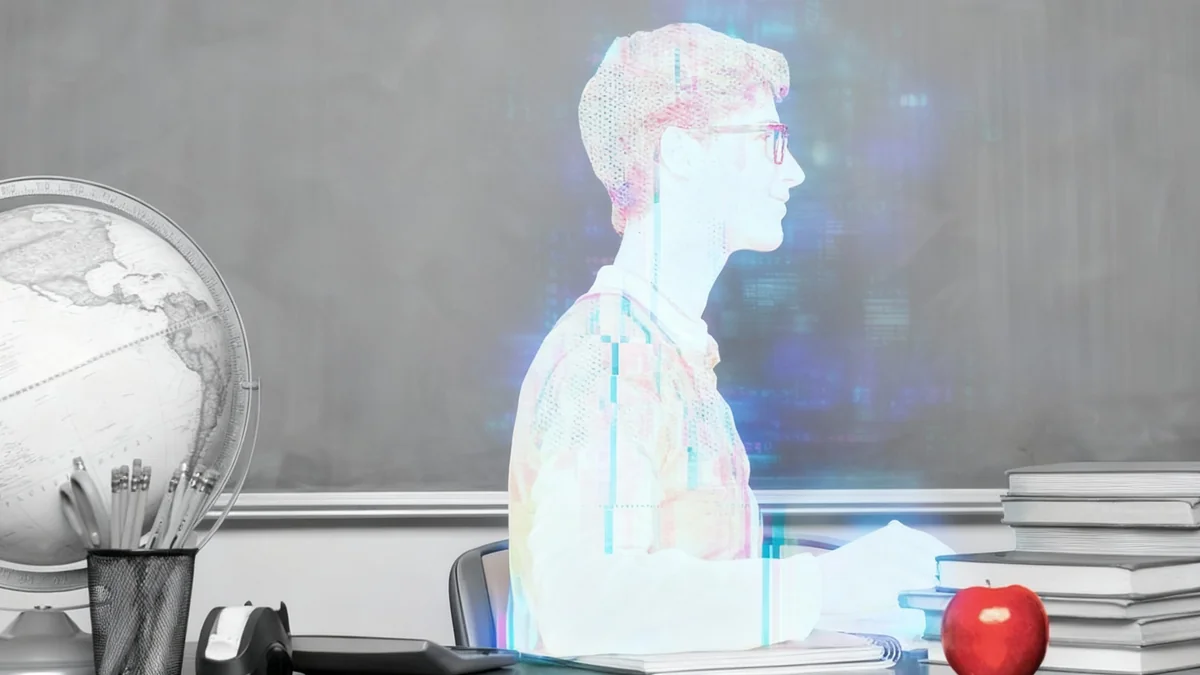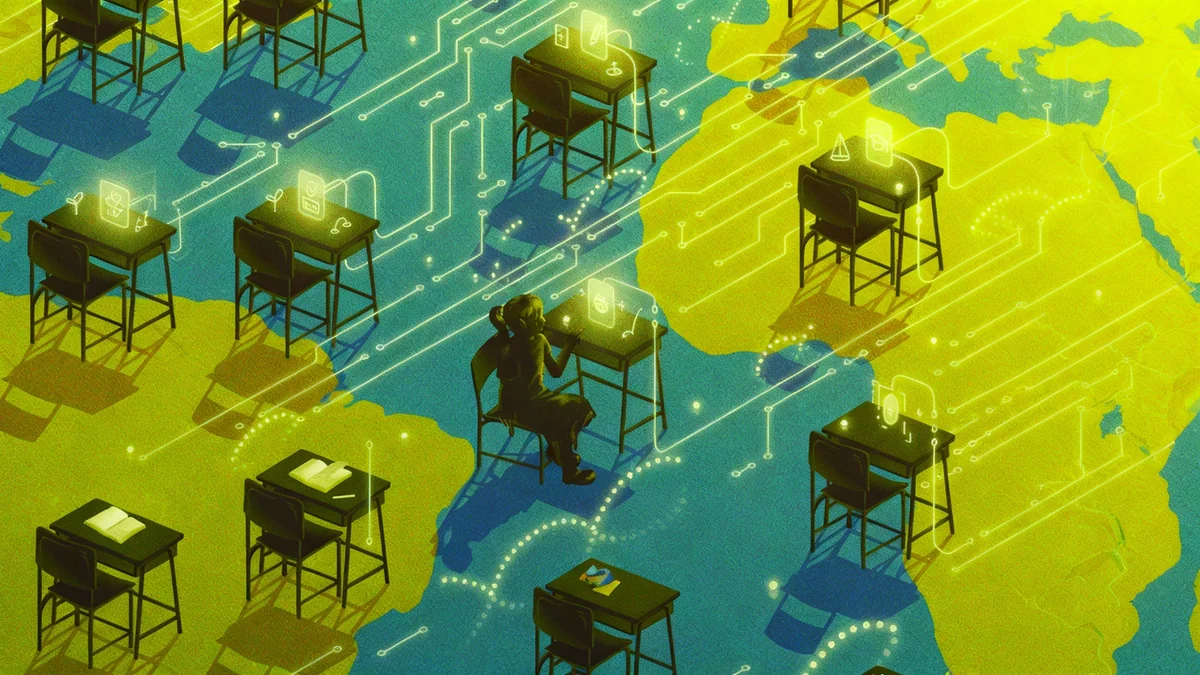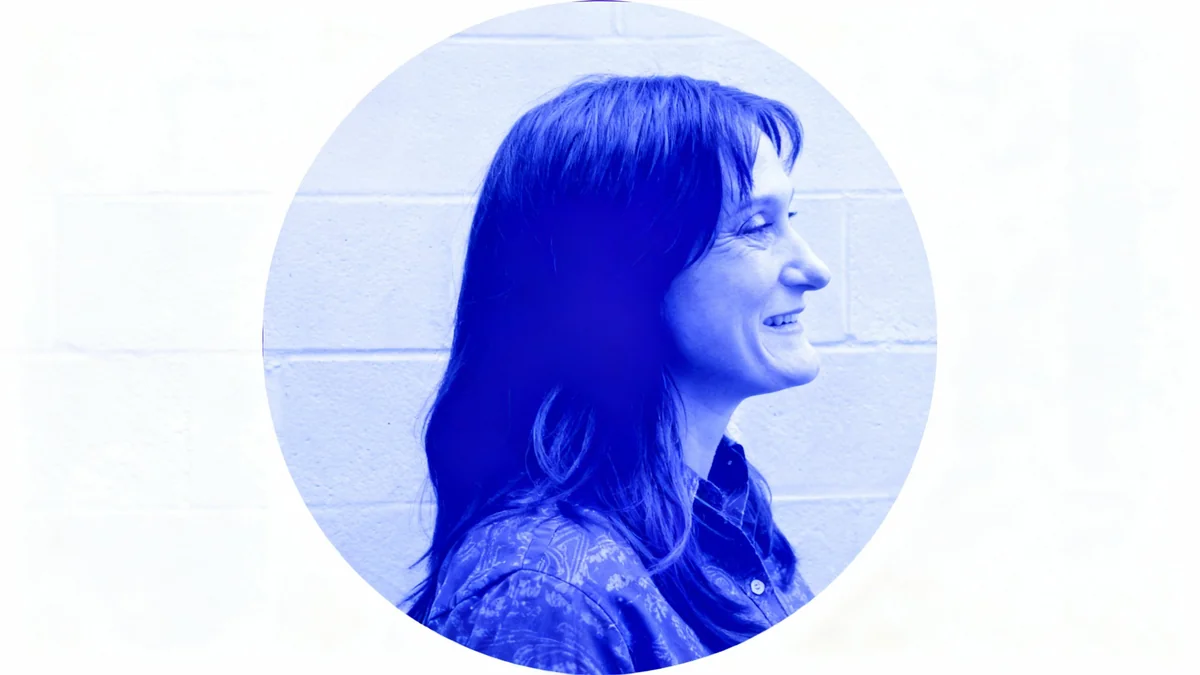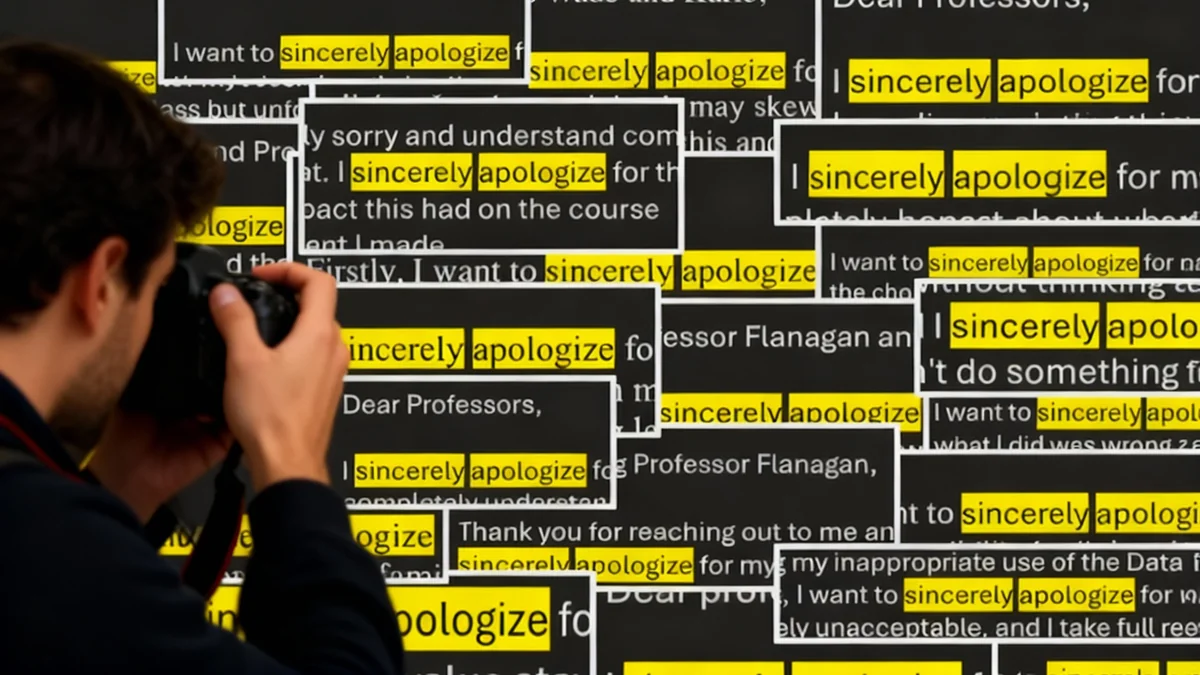A new private school in San Francisco named Alpha is pioneering an educational model that replaces traditional teachers with artificial intelligence. Students at the school spend only two hours per day on core academic subjects, which are delivered through AI-powered applications, while the rest of their time is dedicated to hands-on projects. The model has drawn both interest for its innovative approach and criticism for its high cost and the potential risks of using unregulated AI in education.
Key Takeaways
- Alpha, a school in San Francisco, uses AI applications to teach core subjects, with human staff acting as non-teaching "guides."
- The annual tuition is $75,000, a figure that surpasses the cost of many Ivy League universities.
- Students dedicate two hours daily to AI-led academics and the remainder of the day to practical skills and personal projects.
- Critics from education unions express concern over the use of unstudied AI with children, citing potential negative impacts.
A New Educational Framework
Alpha is challenging the conventional structure of K-12 education. The institution has eliminated traditional elements like bells, grades, and human teachers for core instruction. Instead, it relies on a technology-first approach where artificial intelligence guides students through their academic learning.
The human staff at Alpha are referred to as guides and coaches. Their primary role is not to teach subjects like math or science but to provide what the school describes as "motivational and emotional support." This shifts the focus of human interaction from academic instruction to mentorship and personal development.
According to the school, the AI systems used for learning do not have open chat functionalities. Instead, they employ a "vision model" that observes a student's screen. This AI then provides coaching on how to learn more effectively, personalizing the educational experience for each student based on their performance and learning patterns.
The Rise of AI in Education
The integration of artificial intelligence into classrooms is a growing trend globally. Proponents argue that AI can offer personalized learning paths, instant feedback, and access to vast amounts of information. However, its implementation raises significant questions about data privacy, algorithmic bias, and the long-term effects on students' social and cognitive development.
The Student Experience at Alpha
The daily schedule at Alpha is structured very differently from a typical school. Students spend just two hours on core subjects like reading, writing, and mathematics. This condensed academic block is managed entirely by AI-powered software.
The majority of the school day is allocated to hands-on activities, which the school calls "life skills and passion projects." This model is designed to allow students to explore their interests in depth and develop practical abilities. For example, 14-year-old student Ethan Wong has used his project time to develop an app focused on molecular gastronomy, a field he is passionate about.
During his project work, Ethan also received instruction on how to pitch a startup idea to potential investors, blending his technical work with real-world business skills. "I really enjoy spending less time doing academics and spending more time doing things I love," Wong said, highlighting his satisfaction with the school's approach.
Another student, 13-year-old June Rockefeller, expressed similar enthusiasm for the new learning environment. "I love school so much now. I think it's just really fun," she commented. She noted that while the school maintains high standards, the environment does not feel stressful.
Parental Perspectives and Staff Philosophy
The experimental nature of Alpha's model has required a leap of faith from its founding families. Ethan Wong's father, James Wong, admitted he was initially uncertain about the AI-centric approach. However, his perspective changed after seeing its effect on his son.
"I had not seen that smile when he exited school in a very long time," James Wong said, describing his son's newfound enthusiasm for learning.
The school's staff believes this radical change is necessary. Carson Lehmann, Alpha's lead guide, argues that the traditional education system has been resistant to innovation for too long. He emphasizes empowering students to create and build without needing advanced degrees or specialized skills.
"I want them to see that they can create something, they don't need any other skills, they don't need a crazy degree in computer science, they are able to create a functioning app," Lehmann explained. This philosophy underpins the school's focus on project-based learning and practical application of knowledge.
Cost and Performance
The annual tuition at Alpha is $75,000 per student. The school claims that students at its other campuses have achieved exceptional academic results, scoring in the top 1-2% nationally across all grade levels. These claims are a key part of its value proposition to prospective parents.
Concerns from the Education Community
Despite the positive testimonials, Alpha's model has raised significant concerns among education professionals. The high cost of attendance makes the school inaccessible to the vast majority of families, creating a potential new tier of elite, tech-focused education.
More critically, experts question the wisdom of placing children's core education in the hands of developing AI. Cassondra Curiel, president of the United Educators of San Francisco, voiced strong reservations about the lack of regulation and research in this area.
"What needs to be made really clear is that some of the consequences of unregulated and currently unstudied AI in education settings could have potentially really impactful and negative effects on our students," Curiel warned.
These concerns center on the unknown long-term psychological and developmental effects of reducing human-led instruction and social interaction in a traditional classroom setting. The debate touches on whether an AI, no matter how advanced, can replicate the nuanced guidance and mentorship a human teacher provides.
Future Plans and Broader Implications
Alpha began its San Francisco campus with a small inaugural class of just 15 students. However, the school has ambitious plans for growth. It aims to increase enrollment to 75 students by the next academic year. To address concerns about accessibility, Alpha has stated that scholarships will be available to some families.
The emergence of schools like Alpha represents a significant experiment in the future of education. As AI technology continues to advance, its role in the classroom is likely to expand. Alpha's model, while currently an outlier, could provide valuable data on both the potential benefits and the inherent risks of an AI-driven educational system.
The key questions remain: Can AI effectively replace human teachers in core instruction? And what are the societal implications of an educational model that carries such a high price tag while relying on largely unproven technology?





